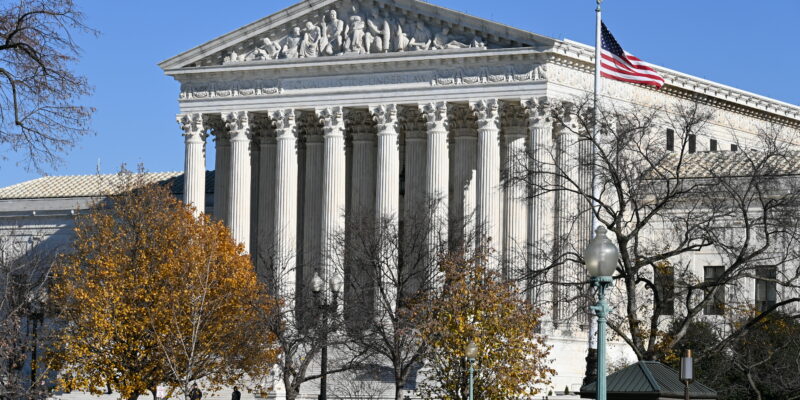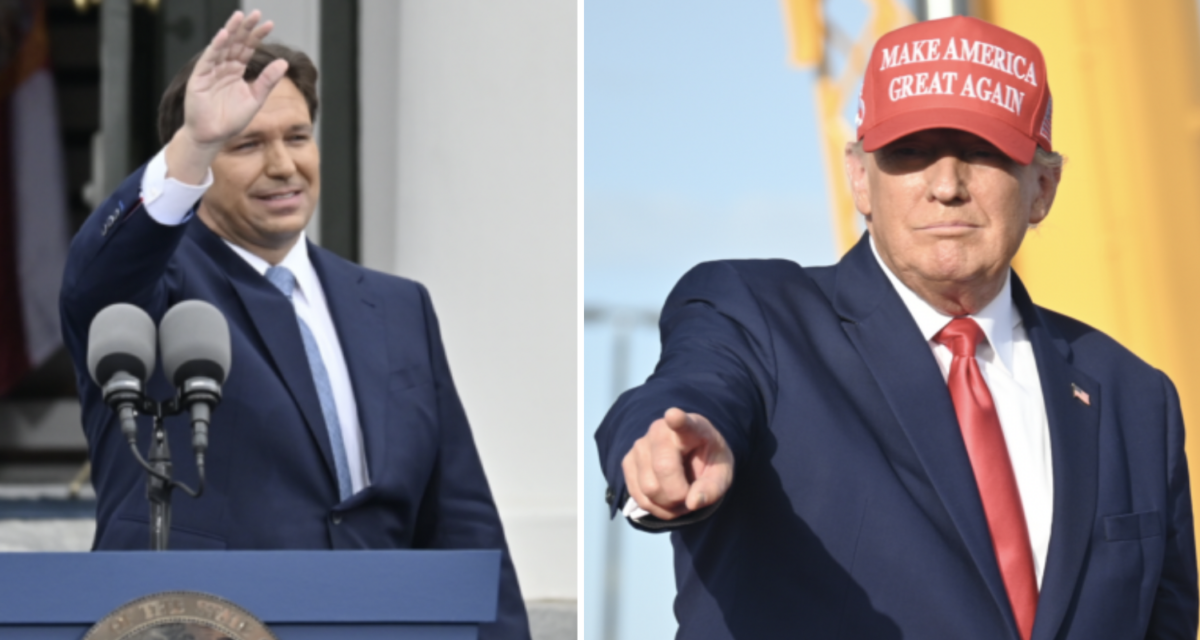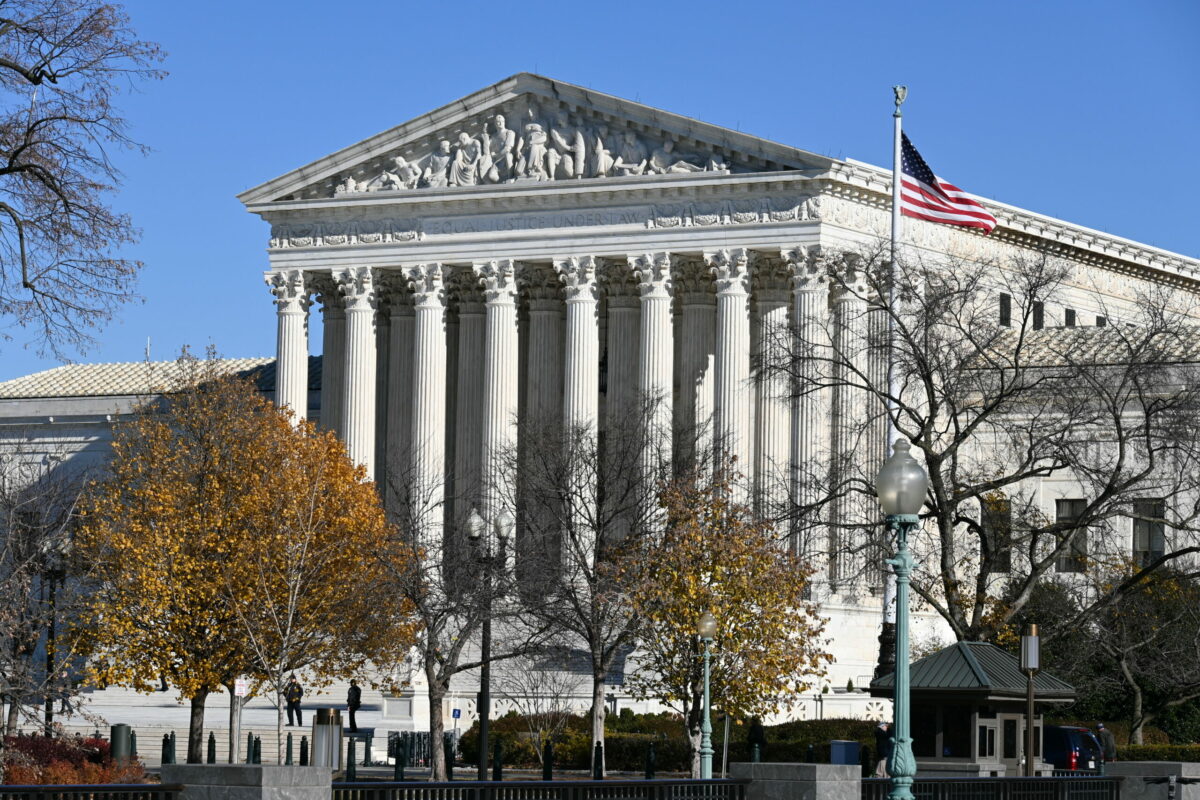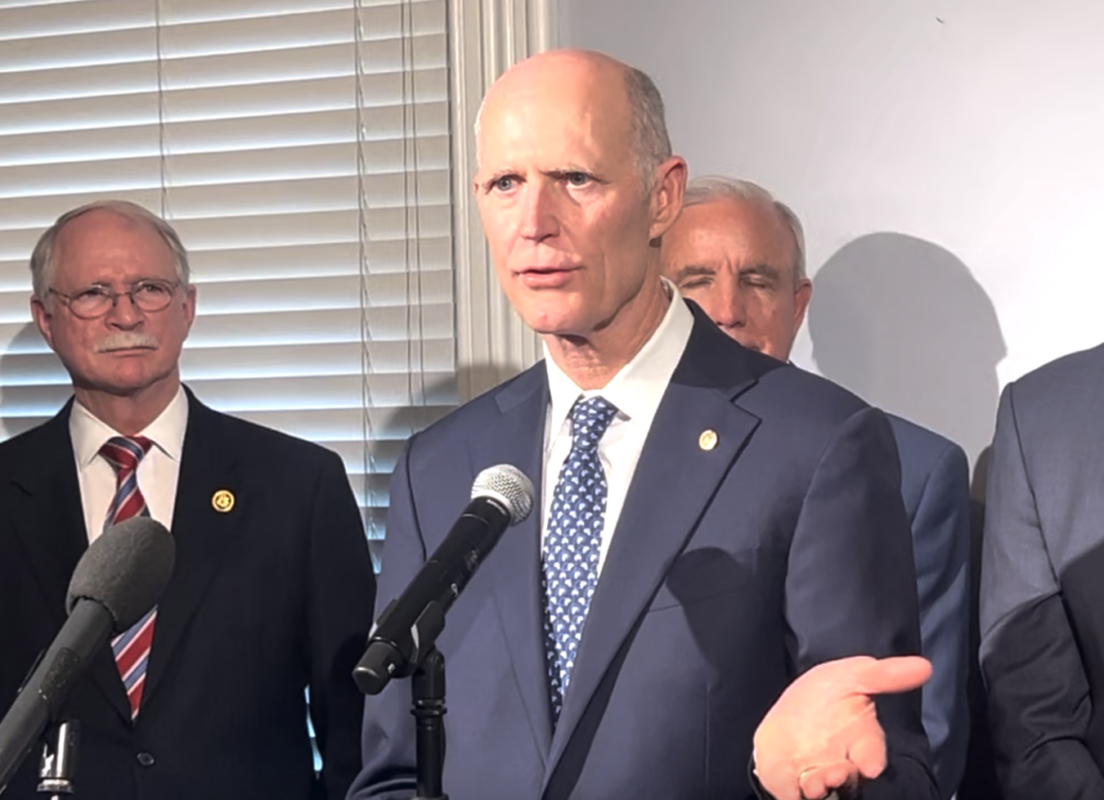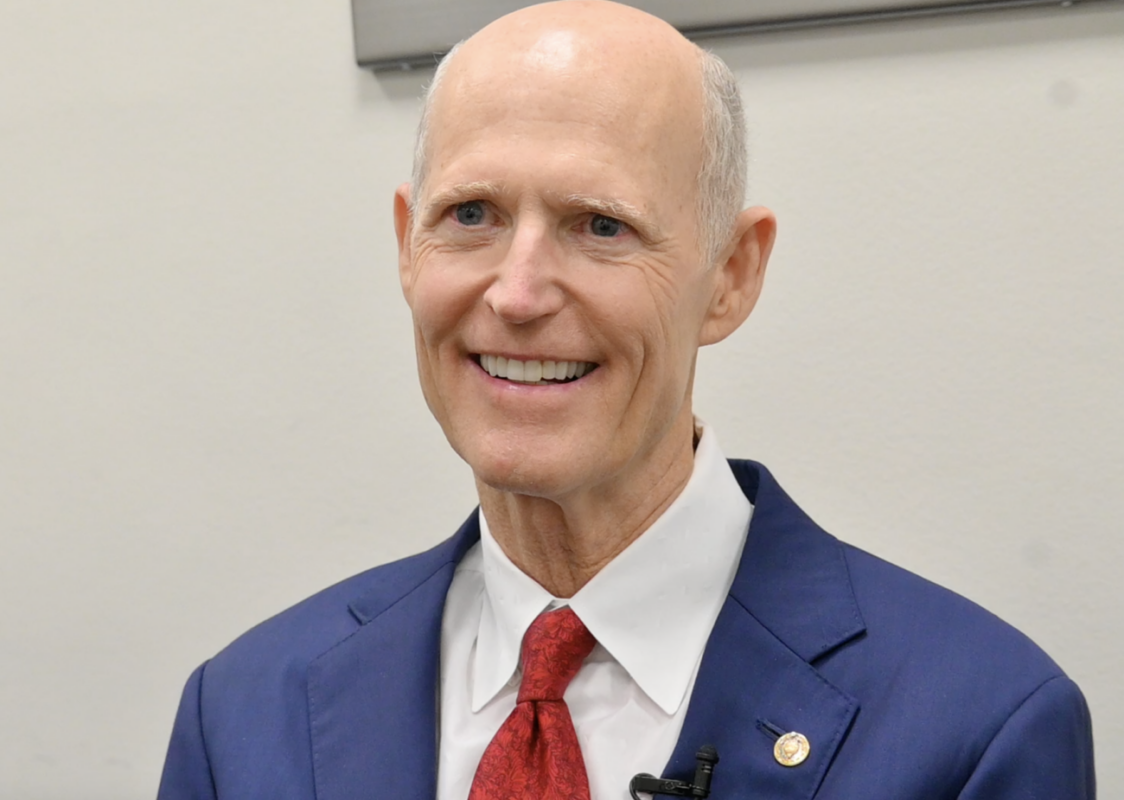The US Supreme Court has overturned its decision in Chevron v. Natural Resources Defense Council, a keystone case for the expansion of federal agencies’ authority.
Chevron created legal precedent dictating that federal agencies had legal authority to interpret ambiguous laws within the agencies’ respective policy areas.
However, in Loper Bright Enterprises v. Raimondo, the Court’s conservative majority overruled Chevron, claiming the case’s underlying reasoning was fundamentally flawed.
“Agencies have no special competence in resolving statutory ambiguities,” reads the opinion.
Chevron deference was originally championed by conservatives since it permitted for former President Ronald Reagan’s Environmental Policy Agency’s environmental deregulation.
However, Chevron quickly became anathema for conservatives as it was repeatedly invoked by federal agencies to expand their sphere of influence and increase regulations.
US Senator Rick Scott (R-FL) celebrated the court’s ruling, claiming it helped recalibrate the government’s power equilibrium after Chevron distorted it.
“The Supreme Court restored the separation of powers and reinforced the constitutional roles played in our federal government with today’s ruling on the #ChevronDoctrine,” said Senator Scott.
Scott continued, claiming “Congress writes the law, the Executive enforces the law, and the Judiciary interprets the law. No more abuse of the administrative state.”
The court’s ruling is the latest in a chain of decisions commended by conservatives.
Earlier this week, the court ruled to temporarily halt new Environmental Protection Agency (EPA) regulations after a lawsuit led by Ohio objected to them.
Conservatives are celebrating the ruling as relieving businesses already struggling to operate in an unstable economy from added pressure.
The ruling is a roadblock in President Joe Biden’s administration’s attempts to harness federal agencies as vehicles for implementing progressive environmental regulations.

